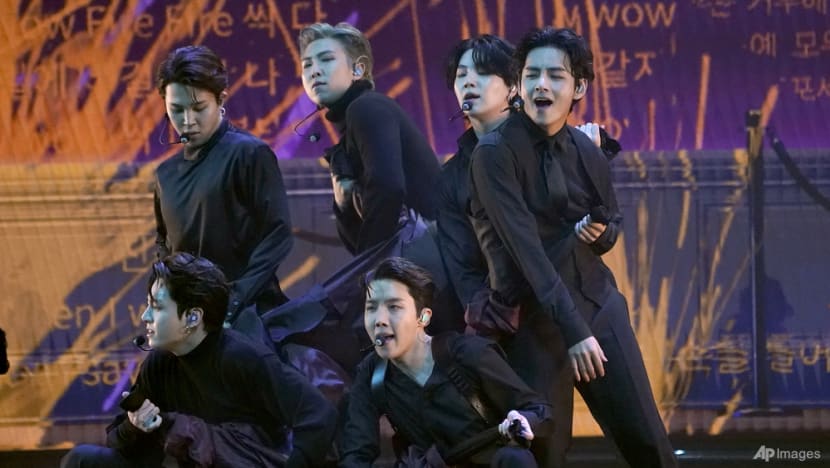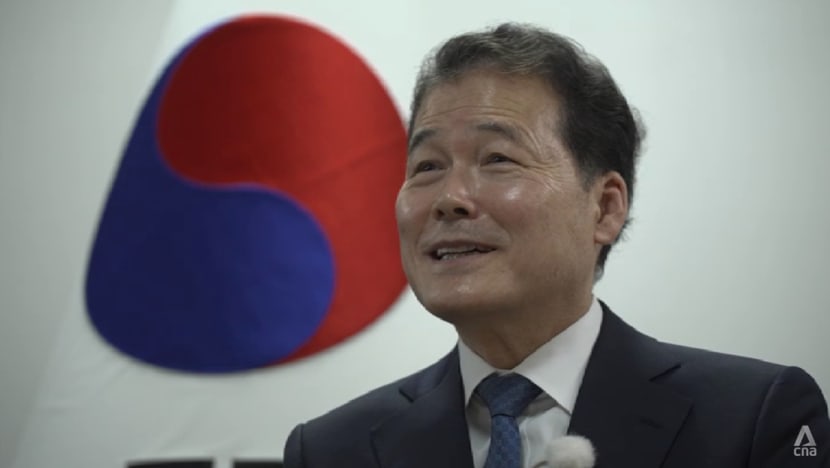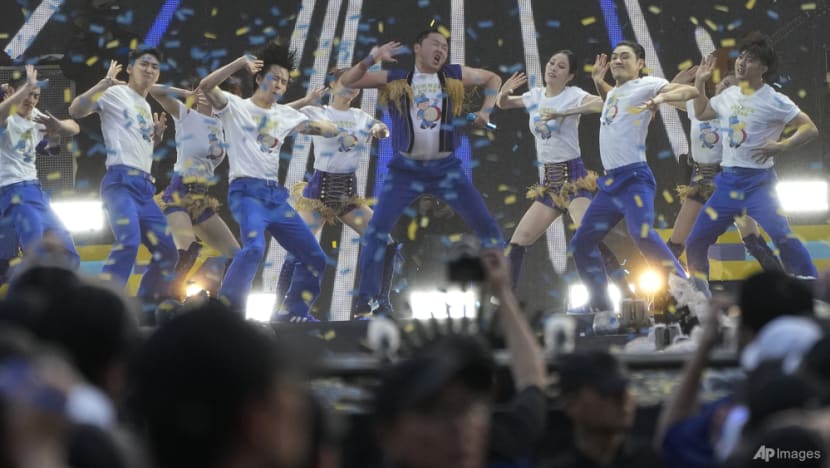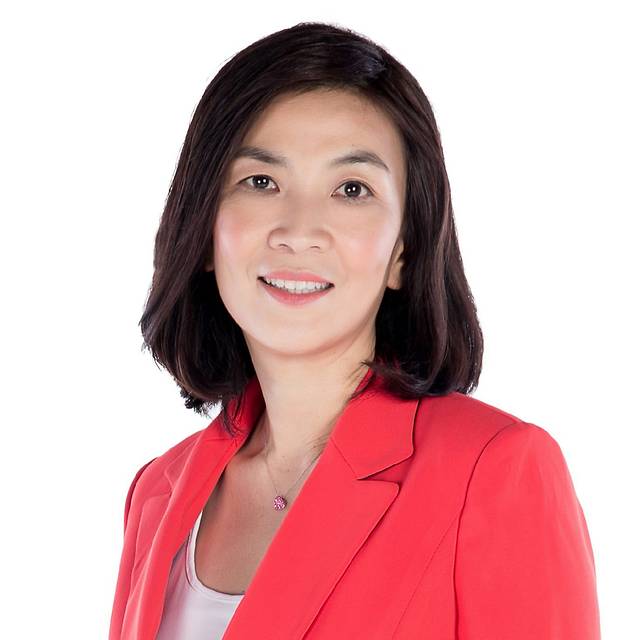Can K-pop bridge the divide between the two Koreas? South Korea’s unification minister thinks so
The Korean wave is sweeping across the world, including the hermit kingdom.


This audio is generated by an AI tool.
SEOUL: South Korea’s pop culture boom is sweeping across North Korea and can likely bring changes from within one of the world's most isolated regimes, said South Korean Unification Minister Kim Yung-ho.
The Korean wave, or “hallyu”, has spread extensively throughout the world, including in the hermit kingdom.
“When North Korean residents watch South Korean dramas, they realise that South Korean society is free and prosperous, contrary to the propaganda of the North Korean regime,” Mr Kim said in an interview with CNA.
“North Korean citizens, especially the youth, continue to admire South Korean society while watching South Korean dramas.”
“ALTERNATIVE CULTURE” FORMING WITHIN THE NORTH?
The two sides are technically still at war despite the Korean War Armistice in 1953.
Mr Kim, whose ministry aims to promote Korean unification, said K-dramas make it into North Korea through USB drives and other devices from neighbouring China, and they are having an impact on the people's consciousness.
He believes an alternative culture is forming within North Korea.
“If we listen to the stories of North Korean defectors, they say that the dramas trending in South Korea can be seen in North Korea within almost a month, through China,” said Mr Kim, a conservative scholar known for his hardline stance toward North Korea.
“We can see that the cultural influence is spreading to North Korea.”
But North Korean leader Kim Jong Un, who has largely ignored offers of dialogue with the South, has accused K-pop of corrupting the youth of his country, reportedly labelling it a “vicious cancer”.
The country has imposed harsh penalties on citizens consuming South Korean movies, K-dramas and K-pop videos.
Reports of North Koreans being sentenced to hard labour or even executed for watching or distributing South Korean entertainment are not unusual.
For decades, defectors have floated balloons to the North. These balloons contain items such as flyers critical of the Pyongyang regime, as well as USB sticks with South Korean news and entertainment.
In 2020, Seoul banned the sending of anti-propaganda leaflets, but the Constitutional Court reversed the decision last year in a ruling welcomed by the Unification Ministry.
NORTH ABANDONS REUNIFICATION GOAL
Mr Kim, who was appointed as the country’s unification minister in July 2023, believes it is important to get more external information into the North - through humanitarian support or civilian contact - in order to drive change from within.
Pyongyang's recent declaration that it will no longer consider reconciliation was possibly aimed at thwarting favourable perceptions of the South, he said.

“Especially emphasising hostility in inter-Korean relations is seen as serving the purpose of deflecting internal discontent arising from economic hardship and food shortages in North Korea outwards,” said Mr Kim, an outspoken critic of human rights abuses in North Korea.
“Furthermore, emphasising this hostility is also for the purpose of justifying North Korea's distortion of resources to develop nuclear weapons and missiles.”
He noted that within Pyongyang, there seems to be discord after North Korean leader Kim Jong Un announced in January that he is abandoning reunification, which had been the goal of Kim Il Sung – his grandfather and the founder of North Korea – and his father Kim Jong Il.
"The North Korean regime is moving to erase the legacies of Kim Il Sung and Kim Jong Il. The Kim Jong Un regime is a hereditary dictatorship, standing on the achievements of the previous leaders, Kim Il Sung and Kim Jong Il,” said Minister Kim.
“However, if they decide to dismantle the three great principles of national reunification and simply treat them as memorials, it could create ideological confusion or a void within the North Korean elite circle.”
The three principles call for reunification to be achieved independently of other forces, to be achieved through peaceful means, and by transcending differences. They were agreed between the two Koreas in their first-ever joint agreement in 1972.

SOUTH CONTINUES TO SEEK DIALOGUE
In the interview, Mr Kim said there is a need to see how this new policy shift would resonate with the elites in North Korea, who have been around much longer than Kim Jong Un.
"If the Kim Jong Un regime, which has inherited and maintained power within this hereditary institution, takes actions that undermine the basis of this hereditary power succession, it could increase internal instability in North Korea,” he added.
“Therefore, there's a high likelihood that North Korea will seek to compensate for such instability, possibly even through external provocations.”
Meanwhile, the South is prepared for potential provocations, and will continue to seek dialogue, said Mr Kim.
“Even if North Korea does not completely abandon its nuclear weapons, if it comes to the dialogue table to discuss denuclearisation, our government has clearly stated its intention to provide support for food, electricity, infrastructure and so forth within North Korea.”
The government also aims to expand its contact with North Koreans through aid groups to allow broader engagement, he noted.
Mr Kim added that South Korea welcomes other states such as Japan to seek negotiations with Pyongyang.
“What I want to make clear is that the government does not oppose North Korea improving relations with countries like the United States, Japan or the European Union,” he said.
“So, if improving relations with other countries contributes to peace on the Korean Peninsula and the resolution of the North Korean nuclear issue, the government sees no reason to oppose it.”


















